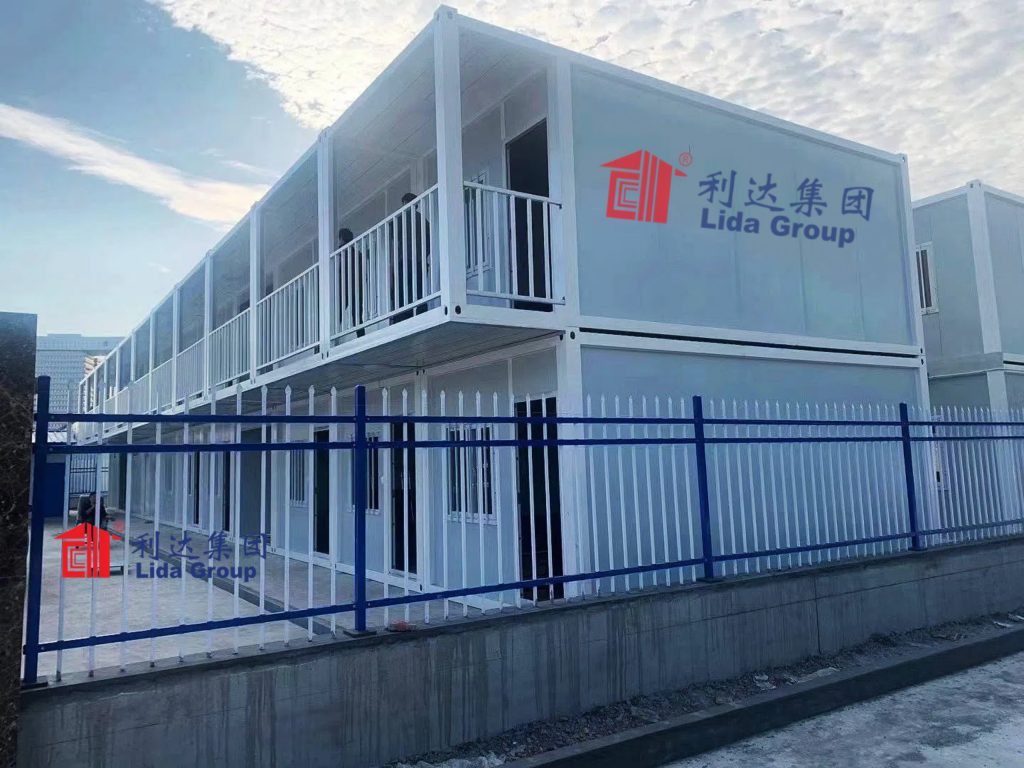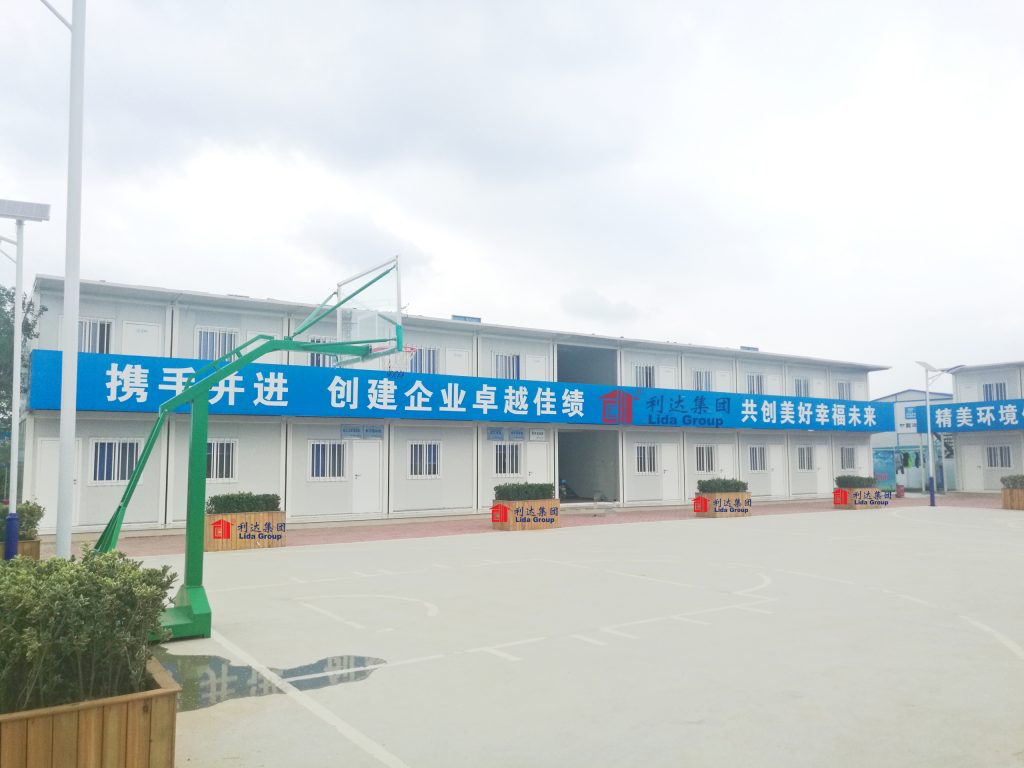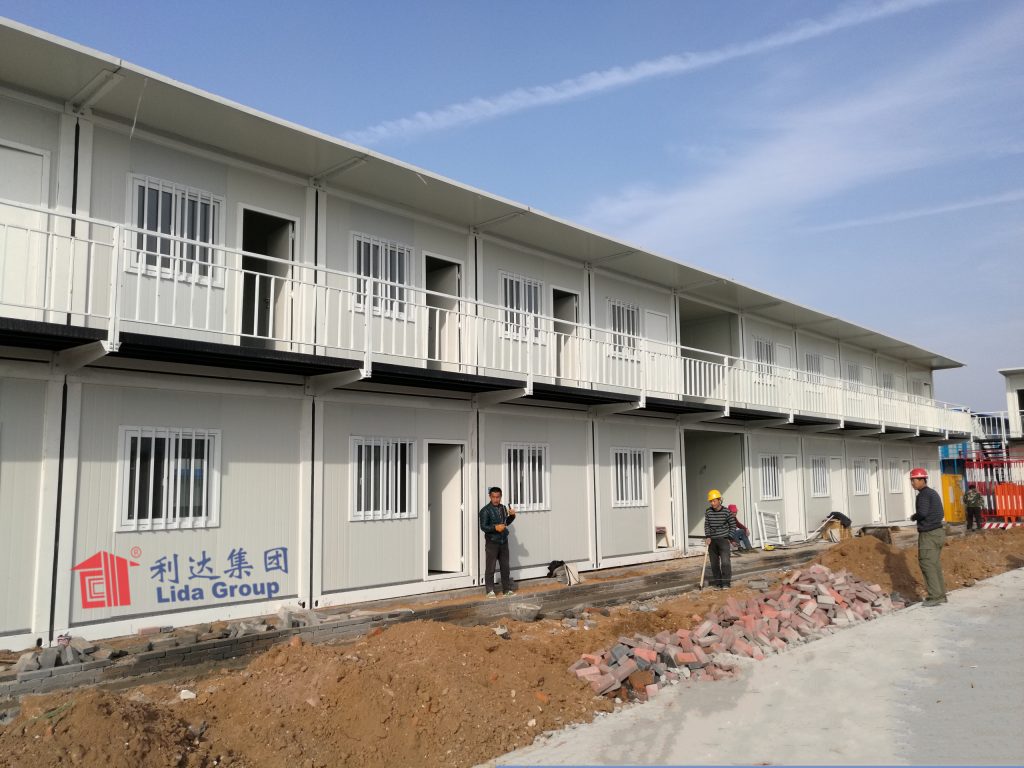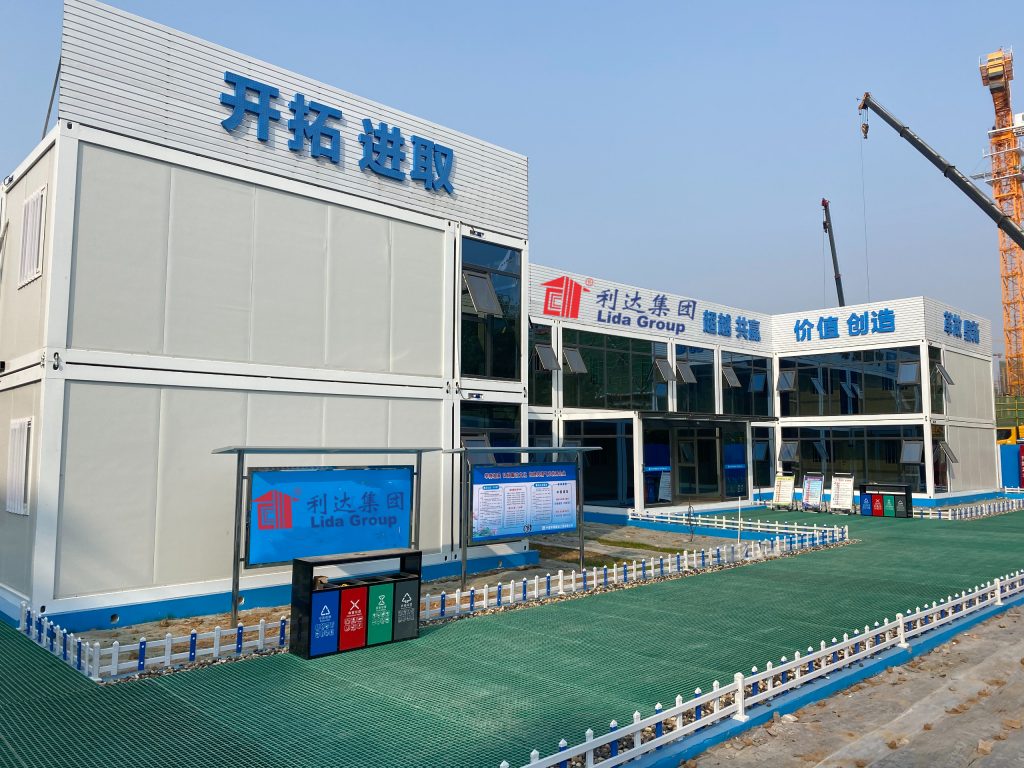Officials Endorse Container Prefabs as Rapid Temporary Housing for Remote Worksites
In Australia’s vast Outback, isolated resource projects rely on fly-in workforces inhabiting basic camp accommodations for short rotations far from home comforts. However, seeking improved living standards, one mining venture tested alternative temporary housing deployable near remote worksites where permanent settlements lack viability. Trials of modular container-based prefabs impressed officials for practical rapid installation establishing stable communities.

Challenges of remote worksites
Northern Territory’s Honeymoon Uranium Mine employed hundreds annually extracting the fuel hundreds of kilometers from population centers. Workers lodged in spartan camp rooms lacking privacy or community support far from families for strenuous rotations.
While meeting minimal housing needs, such environments fostered fatigue jeopardizing worker health, retention and production important as operations expanded. Permanent nearby housing proved infeasible given mines’ short 15-year lifespans and remote locations lacking viability for long-term settlements post-closure.
Container Prefab Proposal
A Shanghai-based prefabricated housing developer, Lida Group, proposed trials of modular container homes serving as dignified yet relocatable accommodation near the Honeymoon site. Familiar worldwide through successful refugee/disaster deployments, their standardized steel structures assembled rapidly on-site from flat-packed modules.
Self-contained apartments, amenities and infrastructure interconnectivity streamlined independent living matching camp quality faster and greener than wood-framed equivalents. Importantly, modular construction permitted relocation for subsequent reuse if mines closed preserving environmental footprints. Officials were interested assessing viability replacing traditional camps.

Rapid Installation
Following schematic approval, the first block of 40 studio/one-bedroom prefabs arrived Honeymoon disassembled into flat-packs. Using basic tools, mixed workforce crews reconstructed complete apartments within days versus wooden equivalents’ weeks.
ISO containers formed weatherproof housing shells while interior fit-outs arrived pre-constructed for swift assembly. Snap-together walls, roofs, doors and utilities connected via simple hand tools minimizing traditionally labor-intensive tasks under remote conditions far from supplies.
Completing infrastructure, self-contained apartments provided comfortable independent living beyond basic barracks, ready within half typical timeframes near remote worksites lacking permanent housing feasibility. Officials praised streamlined process establishing stable housing rapidly on challenging terrain.

Occupation Feedback
Over six-month trials, 150 workers inhabited the modular complexes, sharing positive feedback. Private apartments fostered work-life balance better retaining staff under isolating conditions.
Built-in solar and rainwater harvesting ensured independent off-grid operation essential at wilderness frontiers. Structural resilience surpassed expectations in Australia’s harsh climate without maintenance underscoring transportable prefabs’ practicality. Feedback guided developing larger trials optimizing resident satisfaction.
Scaling Up the Solution
Impressed, regulatory bodies endorsed larger 300-unit trials at four remote mine/rail projects across the vast dry interior where conventional camps comprised the only housing options until now.
Lida optimized modular complexes adding renewable mini-grids, childcare and communal facilities creating stable mini-communities tailored for fly-in/fly-out contexts. Transportable construction streamlined establishing villages rapidly near volatile resource frontiers without burdening fly-out towns when mines close.
Officials saw potential housing over 10,000 workers across the Outback through portable prefabs avoiding environmental/social impacts of scattered temporary camps while stabilizing transient workforces. Importantly, designs showed housing remote jobsites sustainably without constructing permanent settlements prematurely.

Endorsement for Remote Industry
Trials concluded modular construction established stable recreational vehicle quality housing within weeks of arrival compared to months for wooden equivalents offering consistent living standards unattainable through camps.
Renewable self-containment removed infrastructure burdens on remote frontiers. Most significantly, transportable modular construction enabled rapid yet dignified on-site living matching basic needs until mine completion without impractical permanent developments or camps’ drawbacks.
Officials recommended prefabs as Australian/international best practice, especially across African/Asian mining hotspots similarly reliant on transient workforces. Portable construction optimized housing remote industries sustainably through temporary yet humane communities migrating with opportunities.

Conclusion
Remote worksites historically housed laborers in spartan camps yet large-scale container prefab trials demonstrated modular construction rapidly establishing dignified temporary housing standardized wherever fly-in jobs arise. Transportable design streamlined consistent living standards matching basic needs while avoiding footprints of permanent developments premature for volatile frontiers.
Overall, endorsements validate modular prefabrication empowering remote industries access stable housing universally without environmental drawbacks – optimizing quality of life for transient workforces inhabiting humanity’s frontier regions.

Related news
-
Mining firm opts for Lida Group's relocatable accommodation complexes built from flat-packed standardized modules converted from old shipping containers to house seasonal fly-in workers.
2024-09-02 17:28:30
-
Engineers inspect prototypes of Lida Group's flat-packed modular housing rapidly assembled on-site from self-contained living units constructed inside repurposed cargo boxes.
2024-09-02 16:38:10
-
Technical paper evaluates Lida Group's optimized process for mass-producing prefab modules delivering comfortable accommodation to non-permanent work populations.
2024-08-30 16:14:50
contact us
- Tel: +86-532-88966982
- Whatsapp: +86-13793209022
- E-mail: sales@lidajituan.com


